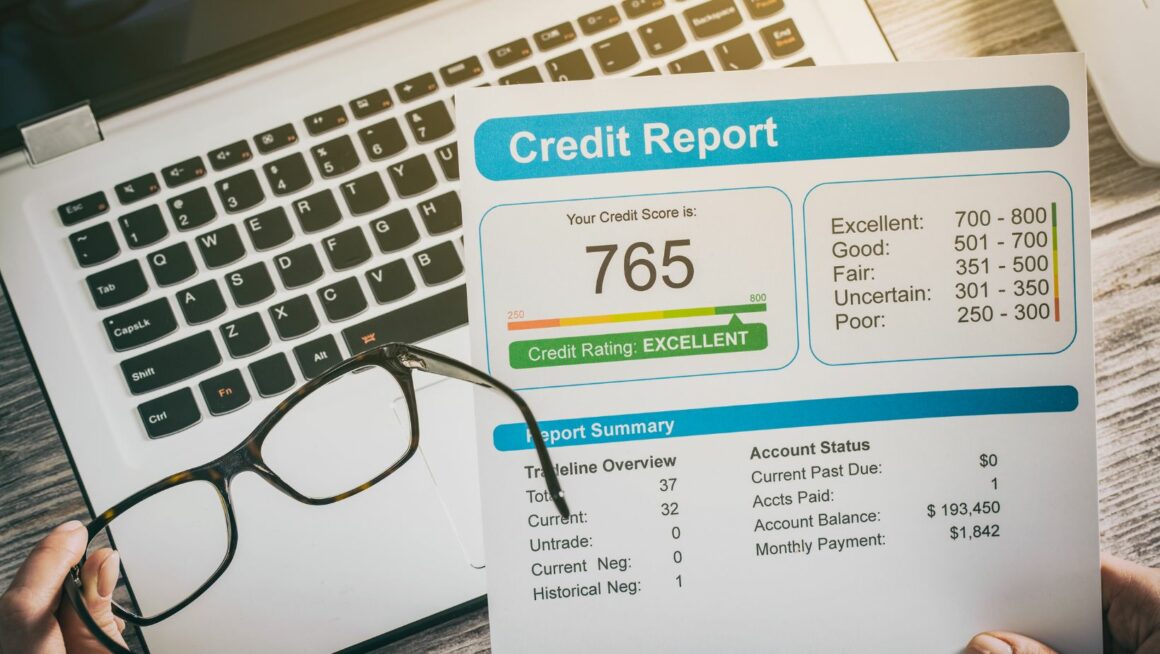Let’s be brutally honest about something: most lawyers hate social media. You probably think it’s a waste of time, unprofessional, or just another thing on your endless to-do list that doesn’t actually bring in clients. And honestly? You’re mostly right about how most lawyers are doing it.
But here’s where it gets interesting. While you’re dismissing social media as millennial nonsense, some lawyers are quietly building six and seven-figure practices by understanding something fundamental about how modern clients actually find and choose legal representation.
The lawyers making real money from social media aren’t posting random legal tips or sharing bar association updates. They’re not trying to go viral or become legal influencers. They’re using social platforms strategically to solve a problem that every lawyer faces: how do you stay visible to potential clients and referral sources in a world where people’s attention is completely fragmented?
Smart social media for law firms isn’t about broadcasting to everyone, it’s about staying connected with the people who matter most to your practice growth. Think about it this way: your ideal clients are spending hours every day on social media. Your referral sources are there too. Your competitors who are eating your lunch? They figured this out three years ago while you were still debating whether LinkedIn was worth your time.
The Real Question Isn’t Whether, It’s How
Most lawyers approach social media like they’re trying to convince strangers to hire them, which is why it feels sleazy and doesn’t work. But successful legal social media isn’t about direct client acquisition. It’s about being present and helpful when people in your network encounter someone who needs your type of legal help.
Here’s what actually happens: someone in your network sees your thoughtful post about employment law changes. Six months later, their cousin gets fired and mentions it at a family dinner. Guess whose name comes up? That’s not luck, that’s strategic relationship maintenance that happens to use social media as the delivery mechanism.

The lawyers who get this right understand that social media amplifies relationships they already have rather than creating new ones from scratch. Your law school classmate who moved to another city, the business owner you met at a networking event two years ago, the accountant who used to send you referrals but hasn’t thought about you lately. Social media keeps you visible to all these people without requiring constant in-person maintenance.
Professional service relationships require multiple touchpoints over time before they generate business. Social media provides those touchpoints efficiently and consistently, which is why lawyers who use it strategically often see results that seem disproportionate to their time investment.
What Actually Works vs What Doesn’t
Generic legal advice posts are the fastest way to waste your time on social media. Nobody needs another post explaining what personal injury law is or why everyone needs a will. Your potential clients aren’t sitting around waiting for basic legal education from lawyers they don’t know.
What does work is showing people who you are as a professional and as a person. The lawyer who posts about winning a difficult case for a small business owner, the attorney who shares insights about local court procedures, the practitioner who comments thoughtfully on legal developments that affect their community. This content helps people understand your expertise and approach while building familiarity and trust.
Behind-the-scenes content that shows your work environment, your team, or your approach to client service helps potential clients envision what working with you would be like. People hire lawyers they feel comfortable with, and social media can create that comfort level before the initial consultation.
Local content that demonstrates your community involvement and understanding of regional issues helps establish credibility with potential clients who want lawyers familiar with their specific environment and challenges.
The most effective legal social media focuses on being helpful and staying visible rather than being promotional. Lawyers who consistently provide value through their social media presence find that opportunities come to them rather than having to chase them constantly.
Platform Strategy That Makes Business Sense
LinkedIn remains the most professional networking platform, but most lawyers use it like a digital resume instead of a relationship-building tool. The lawyers making money on LinkedIn are engaging with other people’s content, sharing insights about their practice areas, and maintaining visibility with their professional network consistently over time.
Facebook works well for lawyers who serve local communities because it allows you to connect with local business owners, community leaders, and residents who might need legal services or know others who do. The key is participating in local business groups and community discussions rather than just posting on your law firm page.
Instagram might seem irrelevant for lawyers, but it’s increasingly where younger clients and business owners spend their time. Lawyers who use Instagram effectively focus on local content, community involvement, and showing the human side of their practice.
Twitter can be valuable for lawyers who want to comment on legal developments, engage with industry discussions, and establish thought leadership in their practice areas. It requires consistent activity and careful attention to tone, but it can position you as an expert in your field.
The platform matters less than consistency and authenticity. Choose one or two platforms where your ideal clients and referral sources spend time, and focus on being genuinely helpful and engaging rather than trying to be everywhere at once.
Avoiding the Common Pitfalls
Oversharing personal information or controversial opinions can damage professional relationships and create liability issues. Maintain professional boundaries while still showing personality and human connection.
Neglecting client confidentiality rules that apply to social media content requires careful consideration before sharing any information about cases, clients, or legal matters you’re handling.

Inconsistent posting schedules often result in forgotten accounts that create negative impressions rather than building professional relationships. Regular, consistent activity works better than sporadic bursts of social media attention.
Trying to be someone you’re not on social media usually backfires because authenticity matters more than perfection in professional relationship building. People want to work with lawyers they trust and feel comfortable with.
Measuring the wrong metrics leads to frustration and abandonment of social media efforts that might actually be working. Focus on relationship quality and professional opportunities rather than just follower counts or post engagement.
Making It Work for Your Practice
Start with one platform where your ideal clients and referral sources are active rather than trying to maintain presence everywhere. Master one platform before expanding to others.
Focus on being helpful and staying visible to your existing network rather than trying to attract strangers. Most social media success for lawyers comes through enhanced existing relationships rather than completely new connections.
Consistency matters more than perfection. Regular, authentic engagement with your professional network generates better long-term results than perfect content posted sporadically.
Professional boundaries help maintain appropriate relationships while still building human connections that influence business decisions. Show personality while maintaining professional standards.
Integration with other marketing efforts amplifies results when social media supports your overall professional positioning rather than operating independently from your other business development activities.
Social media for lawyers works best as a relationship maintenance and reputation management tool rather than a direct client acquisition channel. The lawyers who succeed with it understand that professional service relationships develop over time through multiple touchpoints, and social media provides an efficient way to maintain visibility and build trust with their professional network.
Success requires patience, consistency, and focus on providing value rather than just promoting your services. The most effective approach treats social media as a long-term investment in professional relationships that eventually generate referrals, opportunities, and client relationships when people need legal help.
Remember, you’re not trying to become a social media influencer or compete with marketing agencies. You’re using these platforms to stay visible to the people who already know you and to build familiarity with potential clients and referral sources in your community. When done strategically and consistently, social media becomes a powerful tool for professional relationship management that supports overall practice growth.



